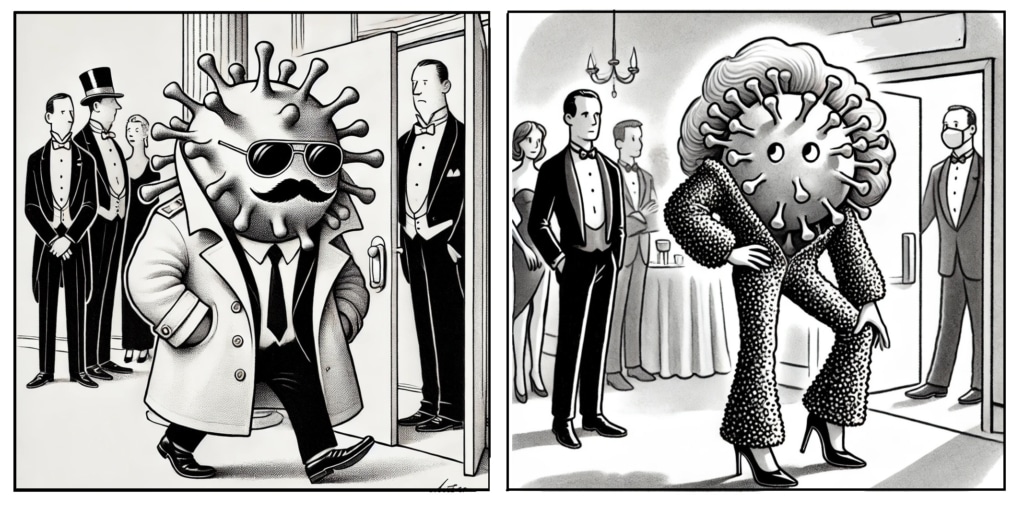

There’s a quiet misconception that vaccines belong to childhood: doctor visits, school forms, check-the-boxes. But the reality is that vaccines remain just as relevant in older adulthood.
The immune system – our body’s natural defense system – declines as we age. That can make certain vaccines from childhood less effective overtime, which is why boosters may be recommended. It also means familiar illnesses, like flu, shingles, pneumonia, RSV, and COVID-19, can lead to more serious and long-term complications, such as hospitalization and death. Vaccines give our bodies the extra help it needs to fight off these infections.
Still, someone recently told me they thought that vaccines just don’t seem to work as well as they used to. They remembered getting a polio shot and never needing one again. So why, they asked, am I told I need some vaccines every year? And why should I get a flu vaccine when one year I got the flu despite being vaccinated?
While it’s right that some vaccines, such as polio and smallpox (before eradication in the U.S.), are only given once, these vaccines don’t need to be updated because the viruses are stable and don’t change much. However, other viruses, like flu and COVID-19, are frequently shifting and evolving.
Take COVID-19. Imagine the virus is trying to crash a party. The first year, it shows up in a fake mustache and a trench coat. Thanks to the vaccine, the immune system knows what it looks like, spots it right away and throws it out.
But the next year? It comes back in a sequined jumpsuit and a pink wig.
It’s still the same virus, but harder for the immune system to recognize at first glance. That’s why updated vaccines are so important – they help the immune system stay sharp and ready with a new picture of the virus, even when it changes its disguise. And while the virus could still slip in, the immune system can find it and fight it faster, meaning more serious outcomes, like hospitalization or death, become far less likely.
To learn more about vaccination, viruses, and how to protect yourself, visit AgingResearch.org/OurBestShot.
Katrin Werner-Perez is the Director of Health Programs for the Alliance for Aging Research.